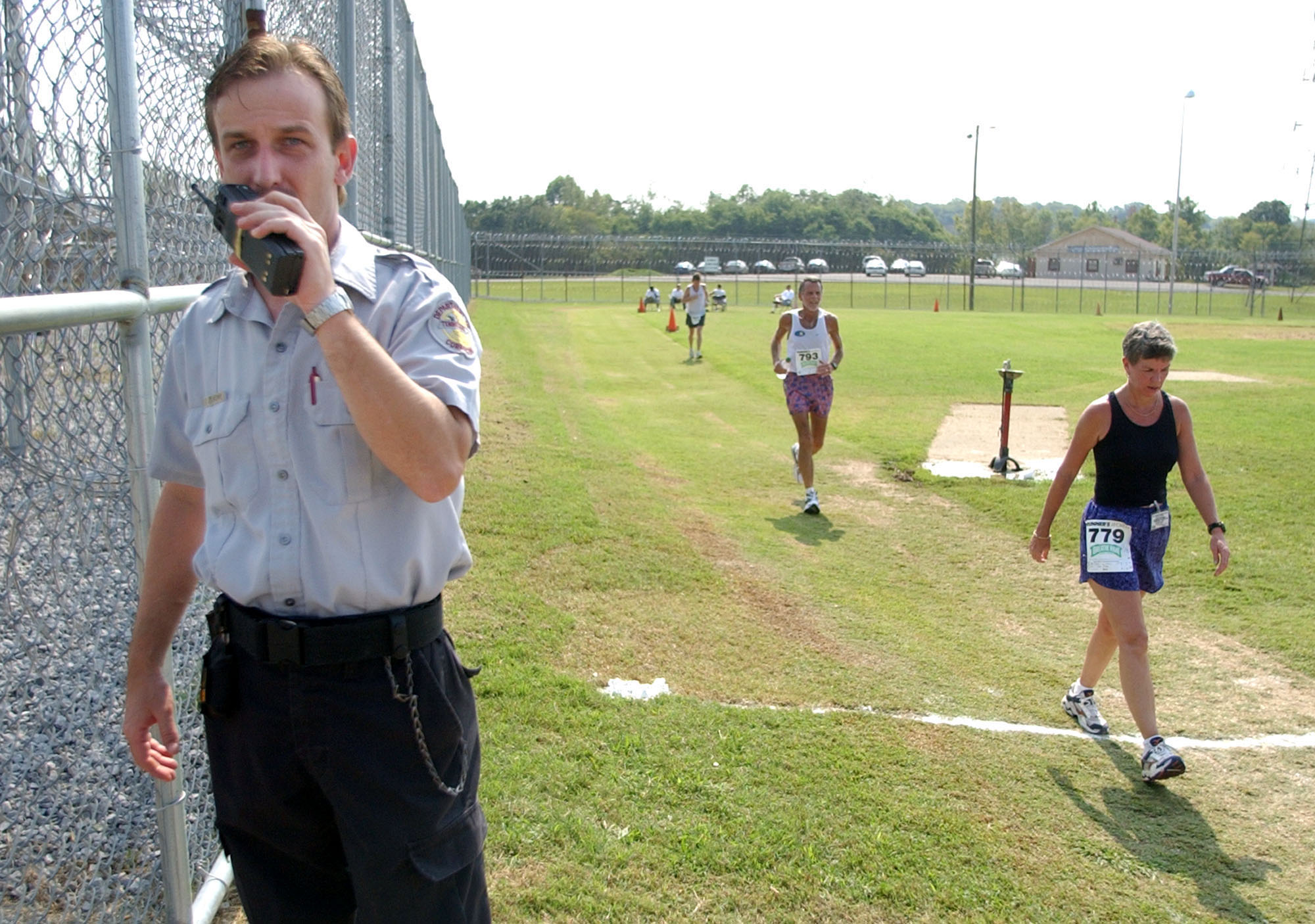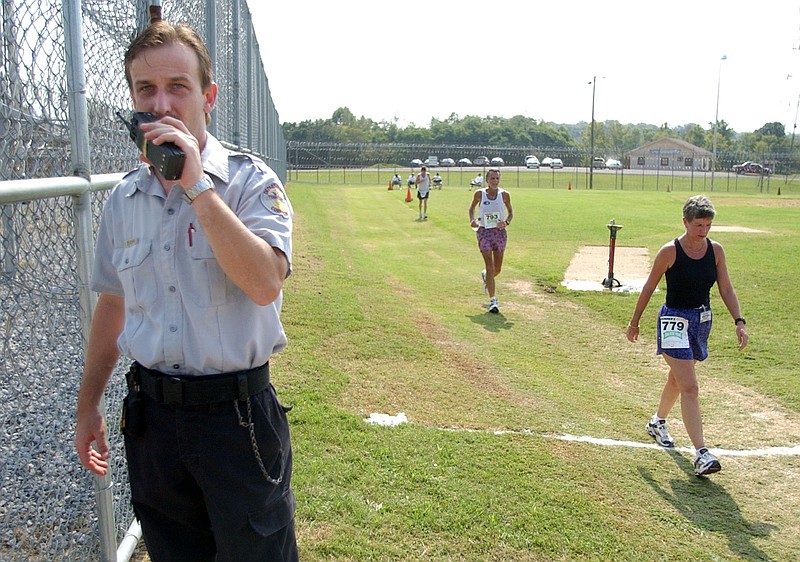NASHVILLE - An estimated 322 Tennessee prison guards have quit working for the state since the Department of Correction in 2014 began phasing in a new overtime policy, which some state lawmakers blame for causing unsafe conditions and increased violence.
"Sure it's more dangerous," said House Minority Leader Craig Fitzhugh, D-Ripley, who requested the figures from the state Department of Correction. "You don't need to be a prison expert to figure that out."
Eight felons at the Northwest Correctional Complex in Tiptonville last week were sent to hospitals with knife wounds, the result of a gang fracas at the facility that put the prison on lock down.
Meanwhile, inmates at the Northeast Correctional Complex in Mountain City was also placed on lock down among increasing problems.
Fitzhugh said many of not all of Tennessee's prisons are facing similar manpower shortages as a result of the overtime changes, intended to save $1.4 million.
It's a penny-wise, pound-foolish move that has led to turnover and staff shortages, he said. Correctional officers, according to Fitzhugh, were moved from a 40-hour-per week schedule before they got overtime to a 28-day or 160-hour schedule where no overtime is granted unless those hours are exceeded.
 Lawrence Kemp, left, a correctional officer at the Middle Tennessee Correctional Complex in Nashville, Tenn., guards a gate as marathon runners pass by in the recreation yard on Wednesday, Sept. 17, 2003. Runners from area running clubs joined inmates for several different runs in the prison yard during the "Jaunt in the Joint."
Lawrence Kemp, left, a correctional officer at the Middle Tennessee Correctional Complex in Nashville, Tenn., guards a gate as marathon runners pass by in the recreation yard on Wednesday, Sept. 17, 2003. Runners from area running clubs joined inmates for several different runs in the prison yard during the "Jaunt in the Joint."Lawmakers better hold hearings on problems, said Fitzhugh, who noted guards working at the West Tennessee Pentitentiary in Henning, which sits in his district, are giving him an earful about having working double shifts to make up the difference, leaving them exhausted and more vulnerable to attack. He said he has been told that the prison is now understaffed by a third.
Also today, Sen. Paul Bailey, R-Sparta, whose district include the Blesoe Correctional Complex, said in an interview that he had just come from a visit with the facility's warden, Doug Cook.
There's been a "lot of turnover" in Bledsoe, Bailey said. Cook, he said, told him about 23 new people have just completed a correctional training class and are scheduled to come on line. A new class of 28 people will begin.
"That's going to help," Bailey said. "That's one of the reasons we're having overtime issues because we simply do not have enough personnel to take care of the pods and prison system."
Bailey said he also thinks "we need to come up with a new pay scale for these correctional officers and I think we need to put in an incentive pay-raise plan for these officers so we can continue to be on top of the correctional process."
Bailey said he is pushing for the Senate State and Local Government Committee to hold a hearing and allow Correction Commissioner Derrick Schofield discuss operations.
